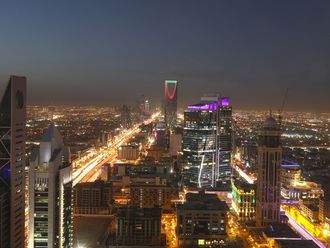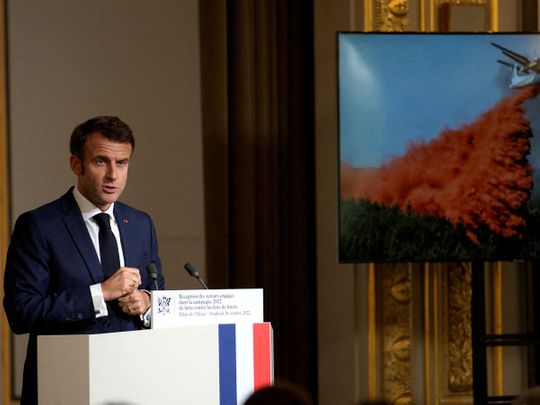
French President Emmanuel Macron said the US, China and other non-European rich nations must pay "their share" to help poorer nations deal with climate change. World leaders are under pressure to deepen cuts in emissions and financially back developing countries already devastated by the effects of rising temperatures.
More than 100 world leaders started arriving in Sharm el-Sheikh for the UN's annual climate change summit, attempting to maintain momentum in the battle to curb planet-warming emissions.
Despite an early breakthrough to put the issue of compensating poorer countries for the impact of climate change on the summit's agenda, delegates are downbeat on prospects for big new commitments to rein in planet-warming emissions.
Rising energy prices have led many governments to prioritise security of supply over the transition to cleaner energy.
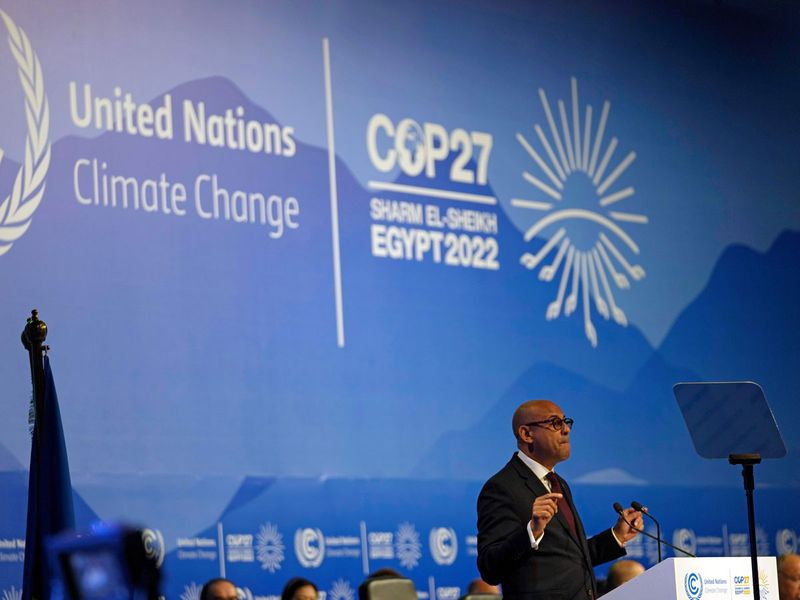
Unprecedented climate disasters
Global emissions need to start falling rapidly before 2030 if the world has any chance of keeping global warming below 2 degrees. But they will likely hit a record this year. Countries from Pakistan to the US have been hit by unprecedented climate disasters.
Egypt's Foreign Minister Sameh Shoukry, the new president of COP27, said the breakthrough on loss and damage was reached after 48 hours of intense talks.
German Chancellor Olaf Scholz, Macron and British Prime Minister Rishi Sunak are among the biggest names expected at the start of the two-week event. US President Joe Biden and Brazil's President-elect Luis Inacio Lula da Silva are due to appear later on.
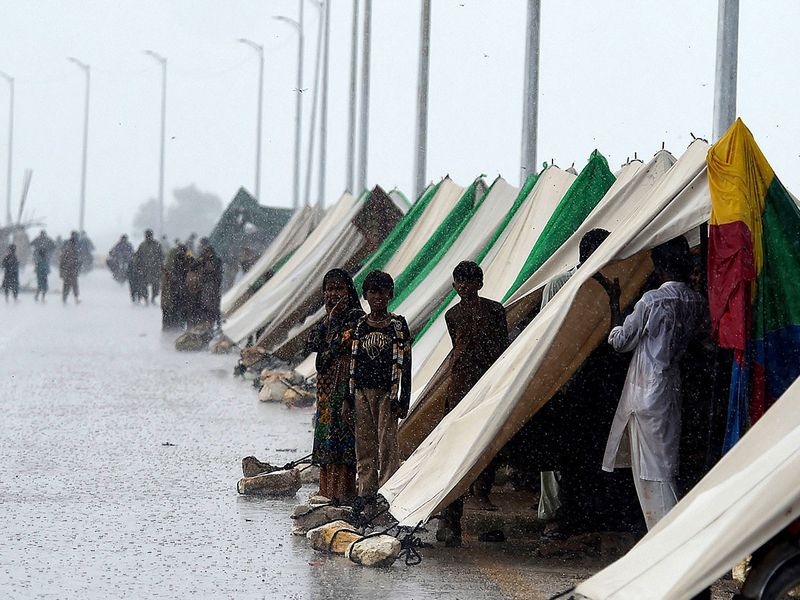
Norway's Equinor: There's too much green-energy bureaucracy
"The time it takes to make these investments is too long," Anders Opedal, CEO of Norwegian energy firm Equinor, said to Bloomberg TV, referring to the Dogger Bank offshore wind farm in the North Sea.
"It took eight years just to get the paperwork ready," he said. "We see that all around the world - the time for planning takes longer than the execution. This is where we need to attack. That's why I'm here - to discuss this with politicians."
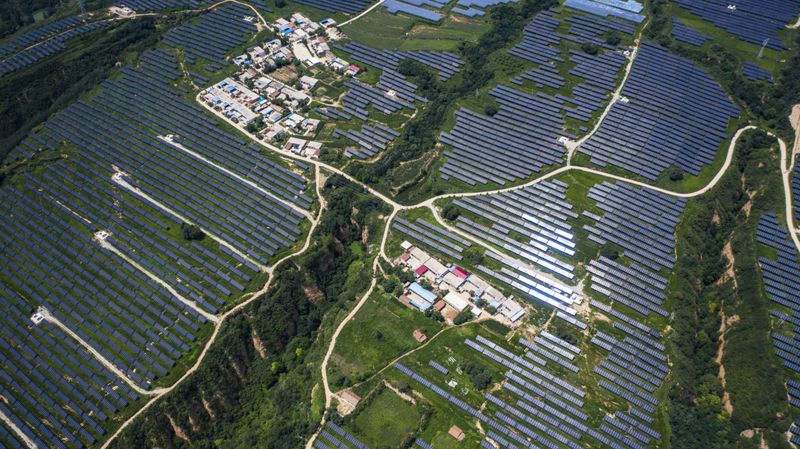
The world must continue investing in oil and natural gas, he said, to improve energy security. Still, companies and investors must put money into renewable energy at the same time to accelerate the transition to cleaner fuels, he said. Equinor is investing around $25 billion between 2021 and 2026 on renewables.
Countries set to follow up on methane pledge
Countries are set to discuss their plans for cutting methane emissions from oil wells, agriculture and waste at a ministerial meeting on November 17, a year after a global pledge to slash the greenhouse gas 30% by 2030.
The meeting is one of more than 20 methane-related events being held at COP27, as focus intensifies on a gas that's much more potent but more short-lived in the atmosphere than carbon dioxide. That means reductions can quickly yield results and help limit global temperature increases to the 1.5C target.
Nations will also deliver updates on their progress in tackling methane releases from oil and gas wells during a separate session on Friday. The US Environmental Protection Agency is due to unveil the latest iteration of its plan to regulate methane emissions from fossil fuels.








